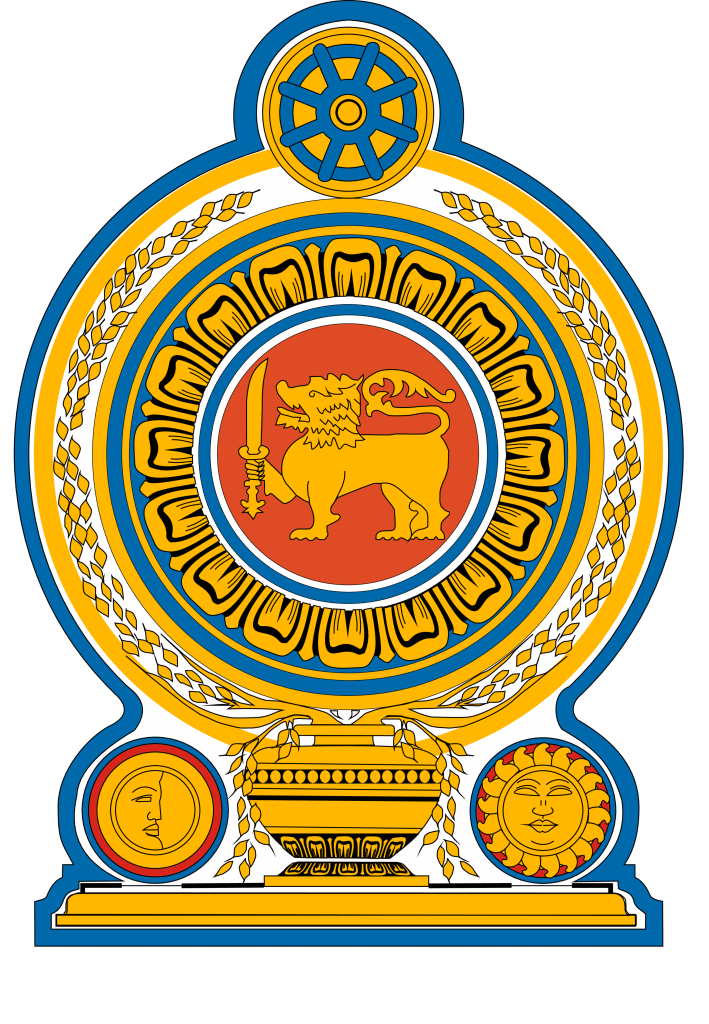

The National Education Policy includes the following matters :-
Aims and goals of education; the structure of the educational system– pre-school, primary, secondary tertiary, higher, informal, nonformal, adult, special, professional and religious; the establishment, location and distribution of educational institutions, including methods and criteria for admission of students and recruitment of teachers; the content of education, including medium of instruction, diversification of curricula, text books and learning materials, the place of religious knowledge, observance and practice, assessment and evaluation, the examination system, certificates, diplomas and academic awards and recognition of qualification; recruitment, placement, disciplinary control and professional growth of education service personnel, including teachers, para -education personnel, supervisors and administrators; resources for education, including the mobilization of community participation; and ancillary services for education including mid-day meals, health and dental services, physical education and sports.

1st Floor,
Block 5,
Bandaranaike Memorial International Conference Hall (BMICH),
Bauddhaloka Mawatha,
Colombo 7,
Sri Lanka

1st Floor,
Block 5,
Bandaranaike Memorial International Conference Hall (BMICH),
Bauddhaloka Mawatha,
Colombo 7,
Sri Lanka
Telephone : +94 11 2662064
Fax : +94 11 2662064
E-mail : sponec@slt.lk